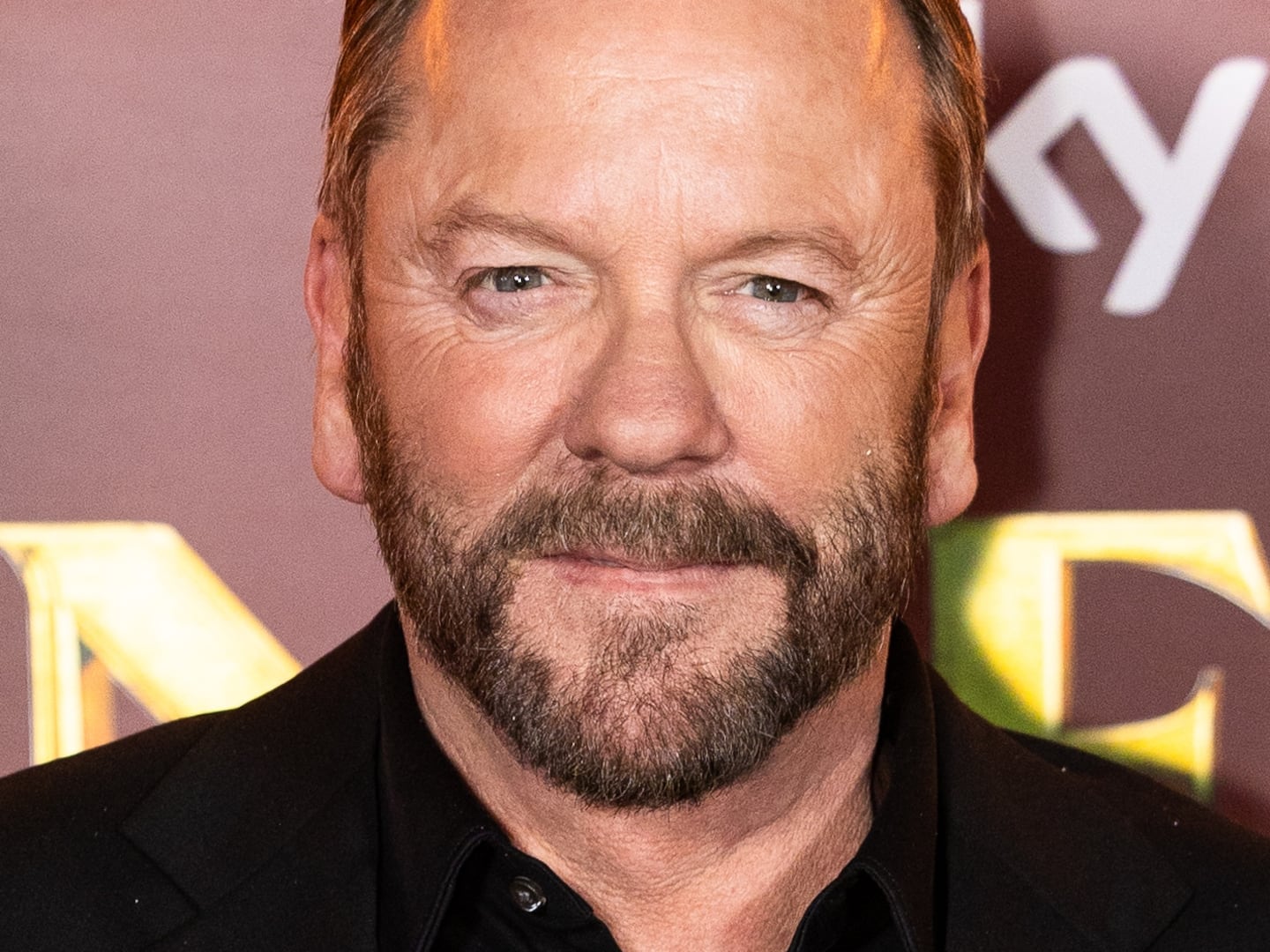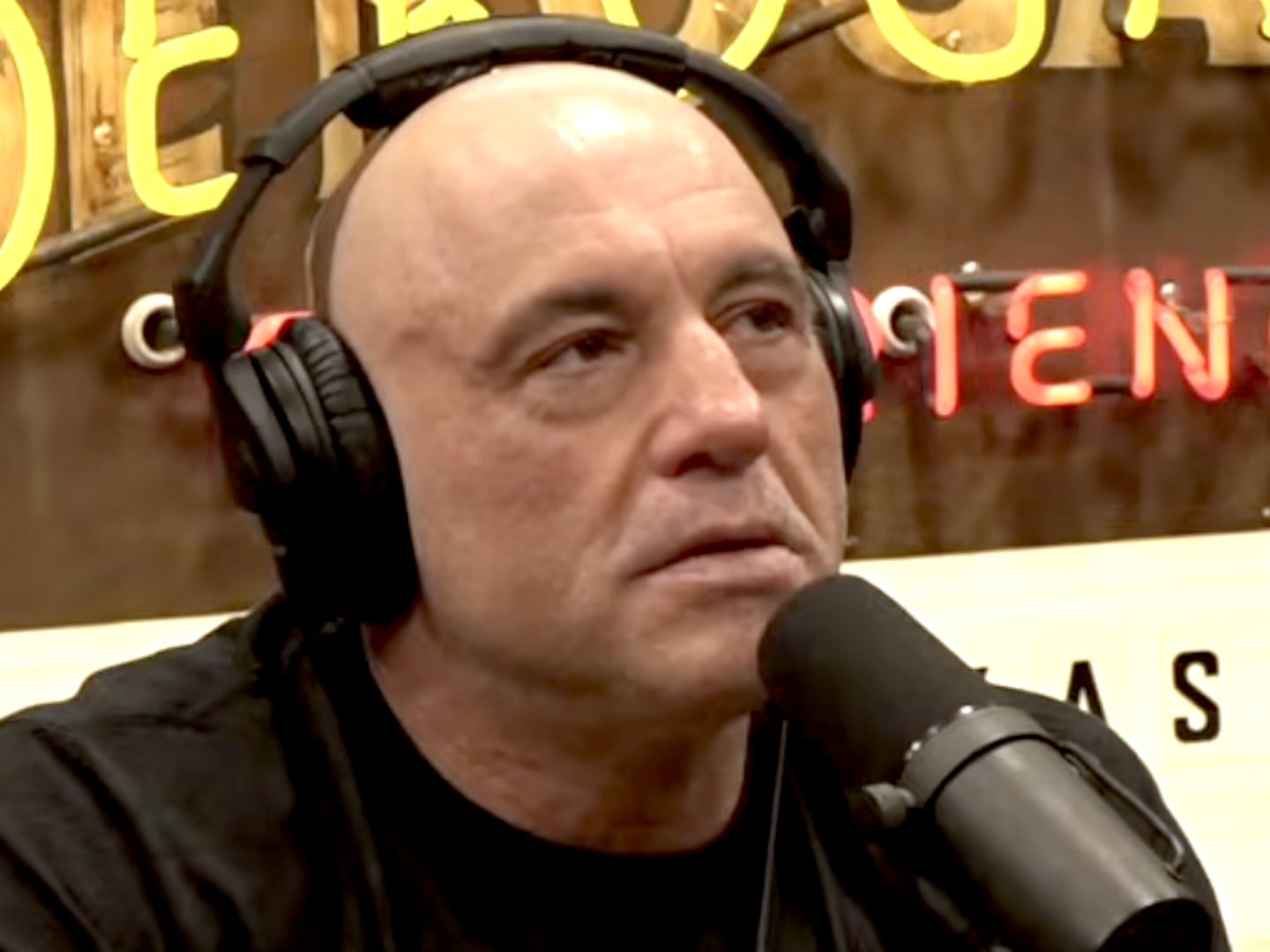“Who the fuck is watching this s--t?” So speaks Logan Paul, one half of the two-headed entity colloquially known as the Paul brothers, in the opening minutes of the siblings’ first-ever reality TV show.
Paul American presents itself as a no-holds-barred deep dive into the personal lives of the Paul family, whose scions, Logan and his younger brother Jake, have spent the past decade growing a media empire whose reach seems infinite. Their saturation campaign has reached a new high: They have conquered the internet. They have conquered professional boxing. Now, they must conquer the viewers of Max.
The eight-episode show is structured exactly how you’d expect, with footage of the brothers, their parents, and their significant others doing relatively normal stuff in front of cameras (planning a wedding in Lake Como, prepping to fight Mike Tyson), interspersed with confessional asides where they mostly say all the right things (family is everything, we’re nothing without our fans, etc.). The opening episode is dedicated to a condensed timeline of their beginnings as vloggers on Vine and YouTube, outlining simmering feuds immortalized in diss tracks and nodding vaguely toward their media controversies.
Are they past all that now? Kind of, but also not really. They’re both older, and they want very badly to present themselves as mature, honest, even easygoing.

Jake has a serious girlfriend; Logan has a fiancée. Jake has a growing career in boxing; Logan has proven himself a WWE contender. The show has a clear angle on the brothers as characters: Jake the impulsive youngster eager to prove he’s serious after a decade of not doing that, Logan the eldest son who looks upon his little bro’s doings with affection and a certain degree of haughtiness. The two swing on a pendulum between devil-may-care (see the first sentence of this review) and caring quite a lot, joking about crypto trading in one moment and then delivering long monologues about the nature of stardom the next.
It’s easy to buy these two as characters, since that’s basically what they’ve done to themselves for their entire public-facing lives. It’s hard to parse how “real” any of this really is, given the brothers have spent the last decade camera-training themselves, spending their early adulthood “doing it for the Vine”—that is, doing anything and everything for attention, good and bad.

Here, they present themselves as affable and friendly, joking around with their significant others and their parents. “Always plug?” Logan says to his fiancée Nina Agdal after asking semi-seriously if his drink brand Prime should be featured in their gender reveal. (It was.) Like any of these shows, but particularly those featuring influencers of this caliber, it’s up to the viewer to decide how much is genuine and how much is played to camera.
That’s not to say the show isn’t interesting, or that it doesn’t provide plenty of context for the Pauls’ personas. Jake gets a particularly tense arc ahead of his fight with bare-knuckle boxer Mike Perry, during which he recalls an ayahuasca ceremony with a message from beyond telling him that what he was doing was important (“I’m a true modern-day gladiator,” he says with utter seriousness).

Logan’s mask slips once his fiancée becomes pregnant and he has a bit of a stress-induced breakdown, spending a trip to the doctor poring over his backyard trail cams while Agdal is getting an ultrasound. Their father Greg films his confessionals dressed in a pair of leather wrist sheaths like a knockoff Crocodile Dundee, slotting everything into place for anyone still wondering why the Paul brothers are Like That.
And yet, it still feels odd to watch a show about two people who have spent nearly half their lives documenting their exploits online to millions of fans, telling us that only now are we getting the real deal.
Paul American is, first and foremost, a play to get more eyes on the Pauls’ infinite array of screens—a bid for, if not relatability, then at least more attention. A series on Max gives an air of prestige that YouTube and other short-form platforms lack, but that doesn’t mean a show like Paul American is as utterly fascinating as its subjects would like you to believe. It’s a compelling curiosity, nonetheless. As always, it’s hard to separate the quality content from the clickbait.









